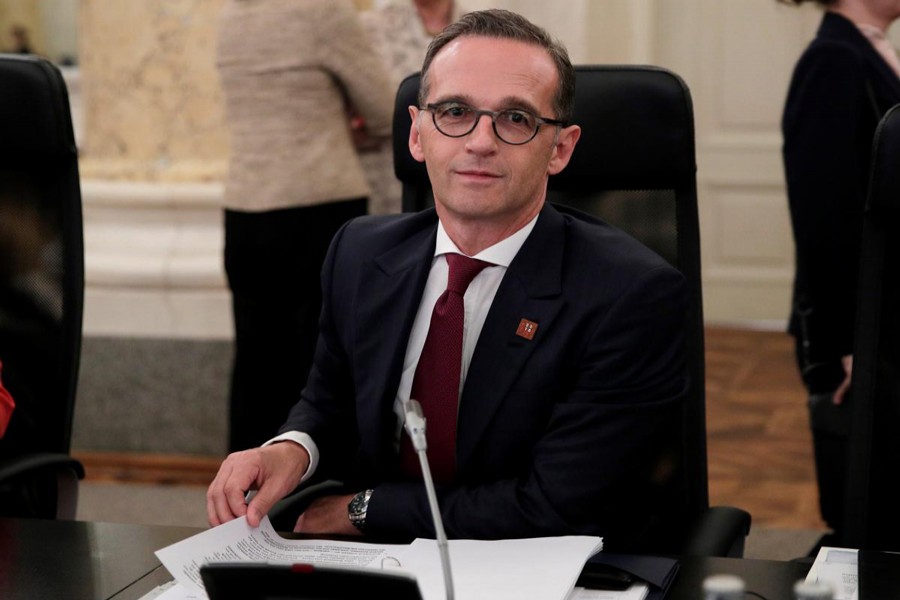The German government has pledged to significantly increase its funding for the UN agency that supports Palestinian refugees after the United States cut its aid, reports Reuters.
German Foreign Minister Heiko Maas said the funding crisis for the United Nations Relief and Works Agency (UNWRA) was fueling uncertainty.
"The loss of this organisation could unleash an uncontrollable chain reaction," he said.
Germany had already provided 81 million euros ($94 million) in aid for UNWRA this year, he said, and was preparing to increase its contribution. He gave no figure.
"We are currently preparing to provide an additional amount of significant funds," Maas said in a letter to European Union foreign ministers that was seen by the news agency.
Maas said it was clear that the added German funds would not cover a $217 million deficit left by the US withdrawal, and urged the European Union and other states to work toward "a sustainable finance basis for the organisation".
It is part of a broader push by Maas to take a more assertive stance in disagreements with the United States on a range of issues including trade, military spending and climate change.
Jordan said on Thursday it would lead a campaign to raise funds to help the UN agency survive, including an appeal to the Arab League.
The agency was founded in 1949 after the first Arab-Israeli war, in the wake of the exodus of around 700,000 refugees who fled or were driven out of Israel on its founding as a state.
UNRWA now looks after more than 5 million people in Jordan, Lebanon, Syria and the Palestinian territories of the West Bank and Gaza Strip.
Meanwhile, Germany warned on Friday that redrawing Serbia's border with Kosovo would fan ethnic tensions, while other EU states seeking peace in the Balkans rejected land swaps as too dangerous.
Belgrade and Pristina have both this month raised the idea of redrawing their border.
Politicians and analysts in Belgrade say that a agreement allowing Serbia to maintain control over northern Kosovo, in exchange for the Presevo Valley, an ethnic Albanian-populated area in Serbia's south, could be acceptable to both sides, overcoming years of friction and allowing both nations to move towards EU membership.


